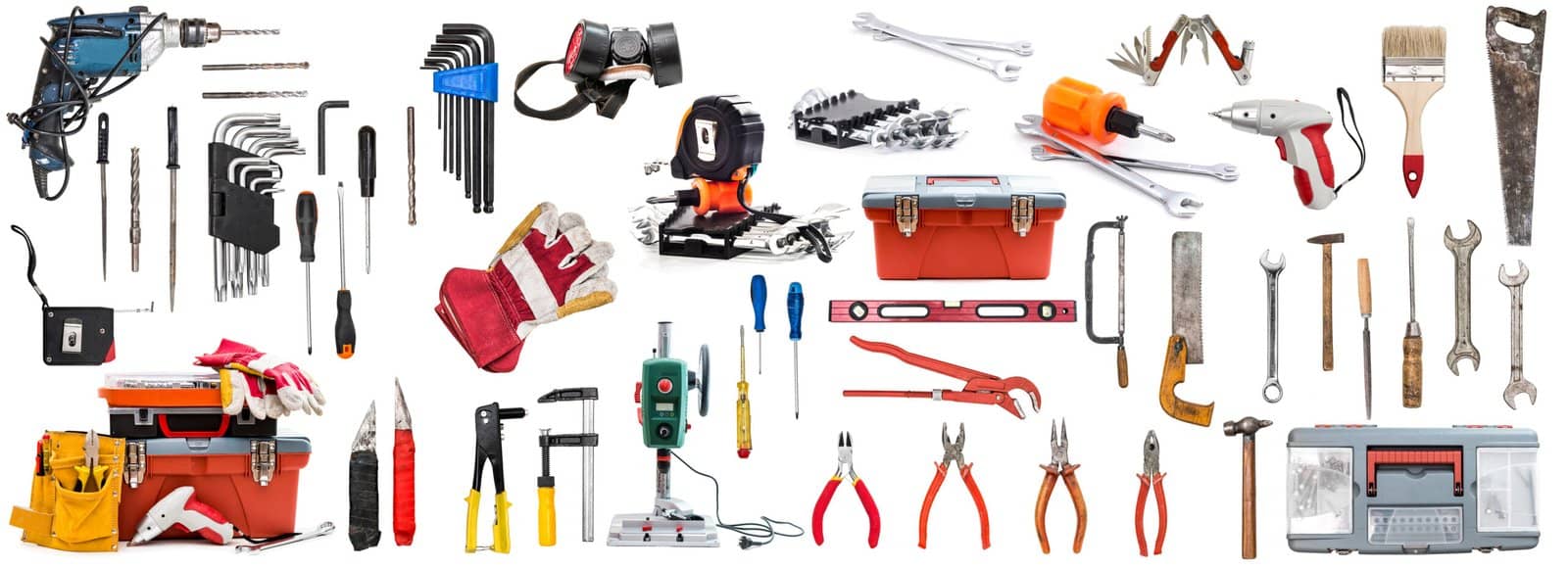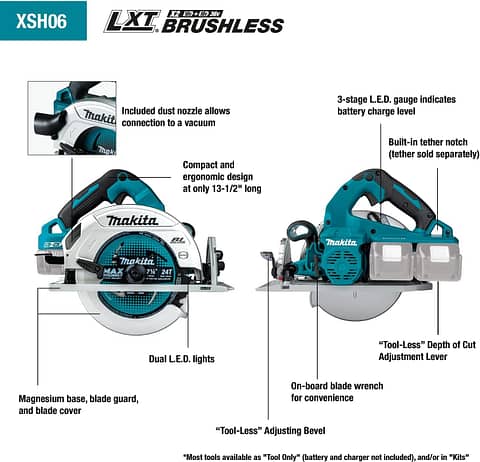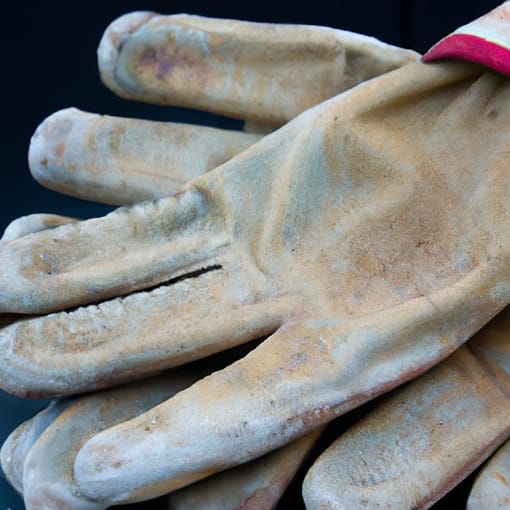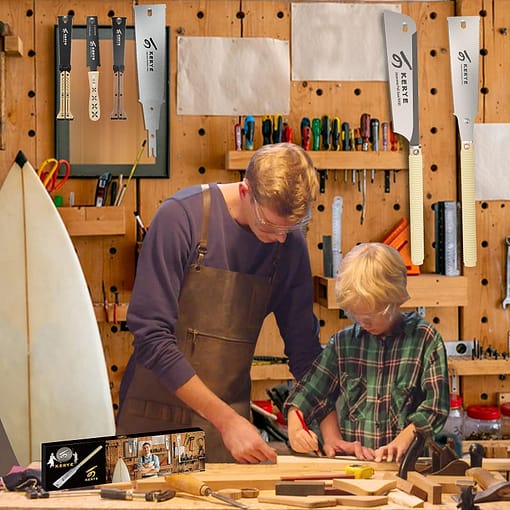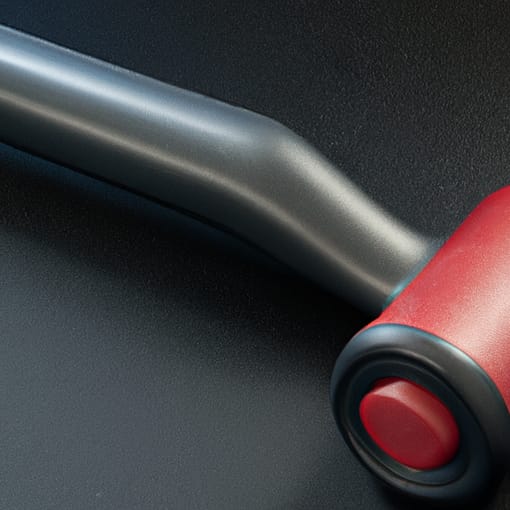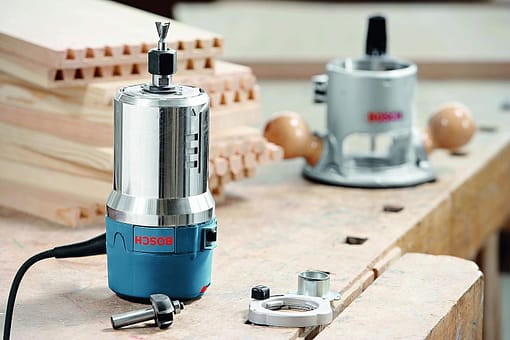So, you’ve got a brilliant project idea and you’re eager to dive into it. But hold on a second, have you thought about the tools and materials you’ll need? Finding the right tools and materials can be a daunting task, especially if you’re a beginner. But fret not, because in this article, we’ll walk you through some tips and tricks to help you find those perfect tools and materials for your projects. Whether you’re into woodworking, crafting, or DIY home renovations, we’ve got you covered. Time to get your project game on! When starting a new project, whether it’s a DIY home renovation or a crafting endeavor, finding the right tools and materials is essential. It can be overwhelming to navigate through the countless options available in the market. But don’t worry, we’ve got you covered! In this article, we will guide you through the process of finding the perfect tools and materials for your projects, taking into consideration various factors such as project requirements, budget, skill level, and more.
Consider the Scope of Your Project
Understand the Requirements
Before diving into the search for tools and materials, it’s crucial to have a clear understanding of the requirements of your project. Take some time to evaluate what you need to accomplish and make a list of the tasks involved. Understanding the project requirements will help you determine the specific tools and materials you’ll need to complete it successfully.
Identify the Key Tasks
Once you have a clear understanding of the project requirements, identify the key tasks involved. This will help you narrow down your search for tools and materials, ensuring that you only focus on what is essential. Breaking down your project into smaller tasks will also make the overall project more manageable and less intimidating.
Analyze the Complexity of the Project
Consider the complexity of your project before choosing the tools and materials. Some projects may require specialized tools and materials, while others can be completed with more basic options. Assessing the complexity of your project will help you determine the level of expertise and quality of tools and materials needed to achieve the desired results.
Research and Gather Information
Utilize Online Resources
The internet is a treasure trove of information when it comes to finding the right tools and materials for your project. Start by conducting online research on the tools and materials needed for projects similar to yours. Websites and blogs dedicated to DIY enthusiasts are excellent sources of information, providing detailed guides, tutorials, and product recommendations.
Consult DIY Communities and Forums
Joining DIY communities and forums can be incredibly beneficial when searching for tools and materials. These platforms allow you to interact with experienced individuals who have already completed similar projects. By joining these communities, you can ask questions, seek advice, and gather firsthand insights into the tools and materials that have worked well for others in their projects.
Visit Local Hardware Stores
Sometimes, the best way to find the right tools and materials is through good old-fashioned hands-on exploration. Take a trip to your local hardware store and spend some time browsing the aisles. The staff at these stores are usually knowledgeable and can provide guidance based on your project requirements. Additionally, you can physically inspect the tools and materials, which may give you a better understanding of their quality and suitability for your project.
Read Books and Magazines
Books and magazines dedicated to DIY projects are excellent resources for finding the right tools and materials. These publications often provide comprehensive guides on various projects, including the necessary tools and materials. Take some time to read through these resources to gather ideas and recommendations specific to your project.
Attend Workshops and Classes
If you’re new to DIY projects or want to gain more knowledge in a particular area, attending workshops or classes can be incredibly helpful. These learning opportunities not only provide valuable insights into various tools and materials but also allow you to try them out and learn from experts. Workshops and classes also offer the chance to network with like-minded individuals who can share their recommendations and experiences.

Get Recommendations
Seek Advice from Experienced Individuals
One of the most effective ways to find the right tools and materials is by seeking advice from experienced individuals. Reach out to friends, family, or colleagues who have completed similar projects. They can provide recommendations based on their firsthand experiences, saving you time and effort in your search.
Ask for Recommendations
Beyond personal connections, don’t hesitate to ask for recommendations from professionals in the field. Local contractors, builders, or tradespeople are often familiar with specific tools and materials that work well for different projects. They can provide valuable insights and steer you towards reliable brands and suppliers.
Consider Online Reviews and Ratings
In the digital age, online reviews and ratings have become a go-to resource for decision-making. Look for reviews and ratings on websites and platforms dedicated to DIY tools and materials. These reviews are often submitted by individuals who have purchased and used the products, giving you valuable insights into their quality and performance.
Consider Your Budget
Determine the Available Budget
Before making any decisions, it’s crucial to determine your budget for the project. Set a realistic budget that accounts for both tools and materials, as well as any additional expenses that may arise. Having a clear idea of your budget will help you make informed decisions and prioritize your purchases accordingly.
Compare Prices
Once you have established your budget, compare prices from different suppliers and retailers. Don’t assume that the most expensive option is always the best quality; sometimes, you can find great deals without compromising on the quality of the tools and materials. Online price comparison websites can also come in handy, allowing you to easily compare prices from multiple sources.
Evaluate Cost vs. Quality
While budget is a significant consideration, it’s essential to find the right balance between cost and quality. Investing in high-quality tools and materials may require a slightly higher upfront cost but can save you money in the long run, as they tend to be more durable and efficient. Evaluate the cost of each item in relation to its quality, ensuring that you’re getting the best value for your money.

Evaluate the Quality and Durability
Read Product Descriptions and Specifications
When searching for tools and materials, pay close attention to product descriptions and specifications. Manufacturers often provide detailed information about the materials used, size, weight, and functionality of the product. Reading these descriptions will help you assess whether the tools and materials meet your project requirements.
Check Material Composition
For certain projects, the material composition of tools and materials is crucial. For example, if you’re working on a woodworking project, the quality and type of wood can significantly impact the outcome. Similarly, if you’re using certain chemicals or adhesives, it’s essential to ensure they are safe and suitable for your project.
Look for Trusted Brands and Manufacturers
Opting for tools and materials from trusted brands and manufacturers can provide peace of mind regarding their quality and reliability. Established brands often have a reputation to uphold and are more likely to produce tools and materials that meet industry standards and perform well. Research reputable brands and read customer reviews to gauge their overall reputation.
Examine Customer Reviews and Ratings
Customer reviews and ratings are an excellent way to assess the quality and durability of tools and materials. Read through the opinions and experiences of other individuals who have purchased and used the products you’re considering. Look for common themes and patterns in the reviews to make an informed decision.
Consider Warranty and Return Policy
When investing in tools and materials, consider the warranty and return policy offered by the manufacturer or retailer. A good warranty can provide added protection in case of defects or malfunctions. Similarly, a flexible return policy allows you to exchange or return items that don’t meet your expectations. Be sure to read the terms and conditions associated with these policies to avoid any surprises.
Consider Your Skill Level
Assess Your Own Skills and Experience
While searching for tools and materials, it’s essential to assess your own skills and experience. Be honest about your abilities and consider projects that align with your skill level. Taking on a project that is too advanced can lead to frustration and potentially compromised results. Start with projects that match your skill level and gradually take on more challenging endeavors as you gain confidence.
Choose Tools and Materials Suitable for Your Skill Level
When it comes to tools and materials, there is a wide range available to cater to different skill levels. Opt for tools with user-friendly features and clear instructions if you’re a beginner. Advanced users may prefer more specialized tools that provide greater control and flexibility. Selecting tools and materials appropriate for your skill level will enhance your overall experience and increase the chances of success.
Consider Beginner-Friendly Options
If you’re just starting in the world of DIY projects, it’s worth exploring beginner-friendly options. Many suppliers offer starter kits or tool sets specifically designed for beginners. These kits often include essential tools and materials needed for various projects, providing a convenient and cost-effective way to get started.
Consider the Frequency of Use
Determine How Often the Tools and Materials Will Be Used
Consider how frequently you plan to use the tools and materials for your project. If it’s a one-time project or something you’ll only use occasionally, you may not need to invest in top-of-the-line, high-priced tools. On the other hand, if you anticipate frequent use or plan to embark on multiple projects, it might be worthwhile to invest in durable tools that can withstand regular wear and tear.
Opt for Durable and Long-lasting Options for Regular Use
For projects that require tools and materials to be used regularly, durability is key. Look for tools and materials made from high-quality materials that can withstand the test of time. Keep in mind that investing in durability may come at a slightly higher initial cost, but it can save you money in the long run by preventing frequent replacements.
Consider Renting or Borrowing Tools for Infrequent Use
If you anticipate infrequent use of certain tools or materials, consider renting or borrowing them instead of purchasing. Renting tools can be more cost-effective, especially for specialized or expensive items that you may not use frequently. Additionally, borrowing tools from friends, neighbors, or local tool lending programs is a great way to reduce costs and save space in your workshop or storage area.
Space and Storage Considerations
Assess the Available Space for Storing Tools and Materials
Before purchasing tools and materials, evaluate the available space for storage. Consider the size and dimensions of the items you’re considering and ensure that you have adequate storage space. Tools with compact designs or efficient storage solutions can be particularly beneficial if you have limited space.
Choose Compact and Space-Saving Options
If storage space is a concern, opt for tools and materials with compact designs. Look for options that can be easily folded, stacked, or stored in small containers. Compact tools not only save storage space but also allow for easier transportation if you need to work on projects in different locations.
Consider Portable and Lightweight Tools for Ease of Storage
In addition to compact designs, prioritize portability and lightweight options when considering tools and materials. Portable tools are ideal for projects that require mobility or for individuals who work on projects in various locations. Lightweight materials are also easier to handle and store, making your project experience more convenient and efficient.
Safety Considerations
Research Safety Requirements for Your Project
Safety should always be a top priority in any project. Research and familiarize yourself with the specific safety requirements related to your project. Understand the necessary precautions, safety gear, and protective measures you need to take before embarking on your project.
Choose Tools and Materials that Meet Safety Standards
When selecting tools and materials, prioritize those that meet safety standards and regulations. Look for certifications or labels indicating that the products adhere to established safety guidelines. Tools and materials designed for specific projects often come with safety features built-in, ensuring that you can work on your project without compromising your well-being.
Invest in Protective Gear and Equipment
Protective gear and equipment are essential for ensuring your safety while working on a project. Depending on the nature of your project, you may need items such as safety goggles, gloves, masks, or ear protection. Invest in high-quality protective gear that provides adequate protection and follow safety guidelines and recommendations set forth by professionals.
Consult Professionals for Safety Recommendations
If you’re unsure about safety requirements or need additional guidance, consult professionals in the field. Architects, engineers, or experienced DIY enthusiasts can provide valuable advice regarding safety measures and gear specific to your project. Their expertise and insights can help you ensure a safe working environment.
Try Before Purchasing
Rent or Borrow Tools for a Trial Period
Before committing to purchasing expensive or specialized tools, consider renting or borrowing them for a trial period. This allows you to test out the tools and ascertain their suitability for your project. Renting or borrowing also gives you the opportunity to learn how to use the tools properly before investing in them.
Attend Tool Demonstrations and Exhibitions
Tool demonstrations and exhibitions are excellent opportunities to see tools in action and learn about their features. Attend these events to interact with experts, ask questions, and observe how various tools perform. Tool demonstrations can be particularly beneficial for understanding the functionality and versatility of tools before making a purchasing decision.
Read or Watch Product Reviews
Product reviews are an invaluable resource when it comes to making informed decisions about tools and materials. Read or watch reviews from reliable sources to gather insights into the pros and cons of different products. Pay attention to reviews from individuals who have similar project requirements as yours. Their experiences can provide valuable guidance for your own decision-making.
Consider Loaner Programs
Some communities or organizations offer loaner programs where you can borrow tools for a specific period. These programs are often free or require a minimal fee, allowing you to test out tools without the commitment of purchase. Loaner programs are especially useful for individuals who may not have the budget to invest in expensive tools but still want to complete their projects.
In conclusion, finding the right tools and materials for your projects requires careful consideration of various factors. By understanding your project requirements, researching, seeking recommendations, and evaluating factors such as budget, quality, skill level, frequency of use, space and storage considerations, safety, and trying before purchasing, you can ensure that you select the tools and materials that will help you achieve your desired results. Remember, each project is unique, so take the time to assess your specific needs and make informed decisions based on your circumstances. Happy building!
